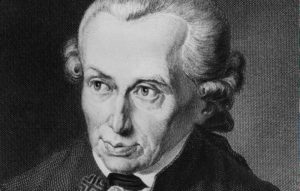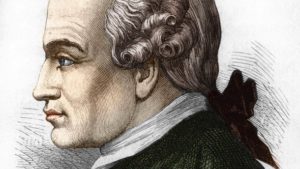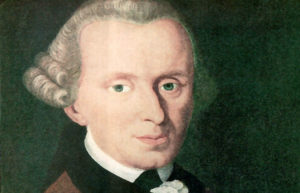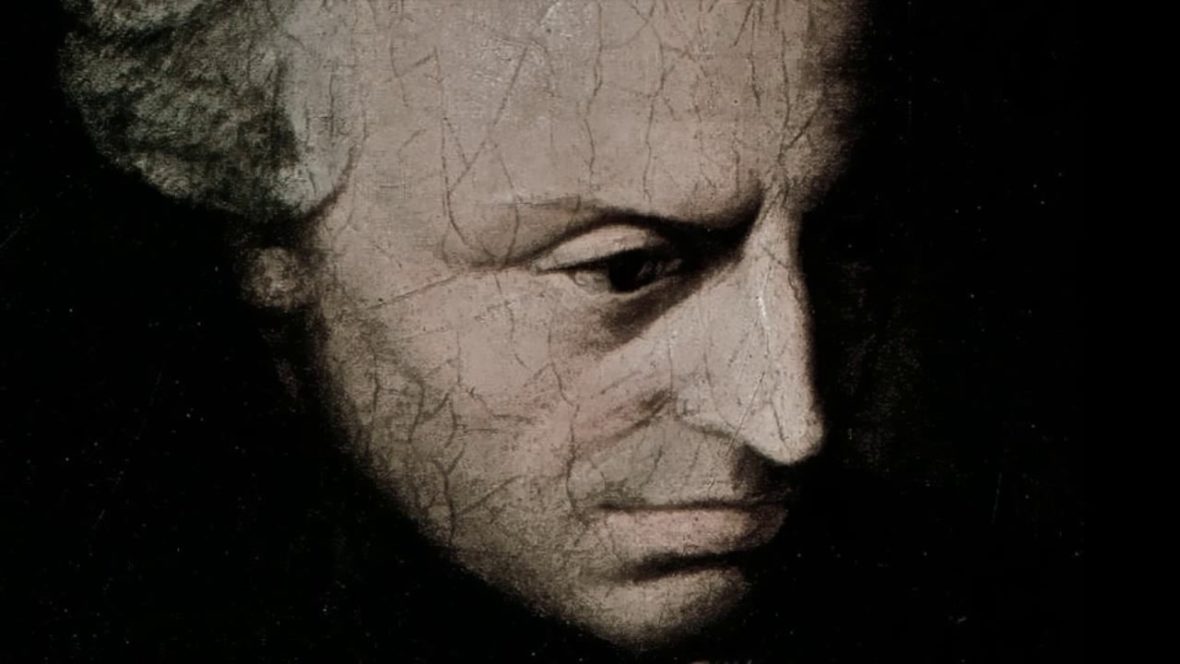Immanuel Kant was a German philosopher who’s a central figure in modern philosophy. Kant argued that the human mind creates the structure of human experience, that reason is the source of morality, that aesthetics arise from a faculty of disinterested judgment, that space and time are forms of human sensibility, and that the world as it is “in-itself” is independent of humanity’s concepts of it. Take a look below for 26 more fun and interesting facts about Immanuel Kant.
1. Kant took himself to have effect a “Copernican revolution” in philosophy, akin to Copernicus‘ reversal of the age-old belief that the Sun revolves around the Earth.
2. Kant’s beliefs continue to have a major influence on contemporary philosophy, especially the fields of metaphysics, epistemology, ethics, political theory and aesthetics.
3. Politically, Kant is one of the earliest exponents of the idea that perpetual peace could be secured through universal democracy and international cooperation.
4. He believed that perpetual peace will be the eventual outcome of universal history, although it’s not rationally planned.

5. The exact nature of Kant’s religious ideas continues to be the subject of especially heated philosophical dispute, as viewpoints are ranging from the idea that Kant was an early and radical exponent of atheism who finally exploded the ontological argument for God’s existence, to more critical treatments epitomized by Nietzsche who claimed that Kant had “theologian blood.”
6. In one of Kant’s major works, the Critique of Pure Reason, he attempted to explain the relationship between reason and human experience and to move beyond the failure of traditional philosophy and metaphysics.
7. Kant wanted to put an end to an era of futile and speculative theories of human experience, while resisting the skepticism of thinkers such as David Hume.
8. Kant saw himself as ending and showing the way beyond the impasse which modern philosophy had led to between rationalists and empiricists, and is widely held to have synthesized these two early modern traditions in his thought.

9. Kant argued that our experiences are structure by necessary features of our minds.
10. In his view, the mind shapes and structures experience so that, on an abstract level, all human experience shares certain essential structural features.
11. Among other things, Kant believed that the concepts of space and time are integral to all human experience, as are our concepts of cause and effect.
12. The death of Kant’s father had such a devastating financial effect that he had to abandon his university studies at Konigsberg before graduating.
13. He was only able to finish his education when a friend helped him finance it.
14. After receiving his doctorate, Kant had to work for 15 years to receive tenure among a faculty that was unreceptive to his ideas. Once he finally received tenure, he continued teaching almost until his death.
15. Enraged by his religious remarks, the King of Prussia banned him from teaching or writing about religion.
16. Standing at barely five feet tall, Kant was very small, with a deformed shoulder and a concave chest. Even with his physical deformities, Kant had very poor health all his life.
17. He took a walk after dinner every single day of his life.

18. Kant never traveled more than 40 miles from where he lived and worked.
19. He loved the works of Goethe, who could never be described as a rationalist.
20. The New England Transcendentalists were influenced through Kant’s technical contributions to ethics, epistemology, and aesthetics.
21. He criticized the Ideas Theory of John Locke and George Berkeley. He said that people can have a natural belief within the external world and also causal laws.
22. His change of the second edition of Critique of Pure Reason was an attempted refutation of idealism. He had the thought that he gained the prof of external world existence.
23. In 1740, he entered the University of Knigsberg under the influence of a young instructor named Martin Knutzen.

24. Kant published his most famous work, Critique of Pure Reason, when he was 57 years old.
25. Kant was born into a Prussian German family of Lutheran Protestant faith in East Prussia. He was brought up in a Pietist household that stressed religious devotion, humility and a literal interpretation of the Bible.
26. His education was strict, punitive and disciplinary, and focused on Latin and religious instruction over mathematics and science.





One Comment
Pingback:
July 7, 2018 at 11:52 pm